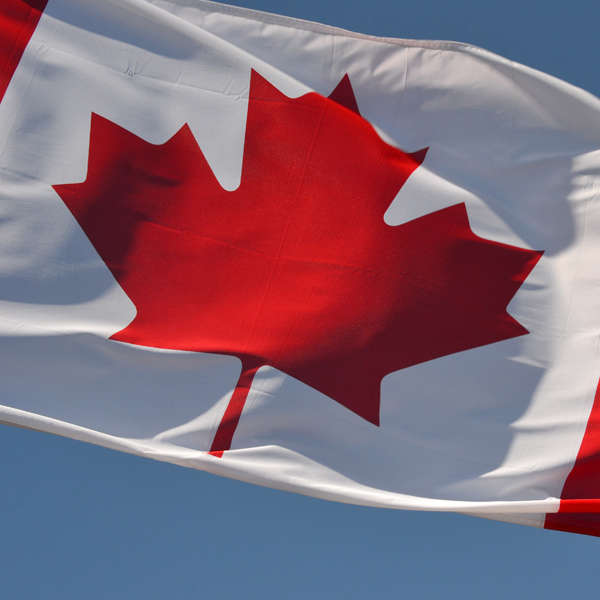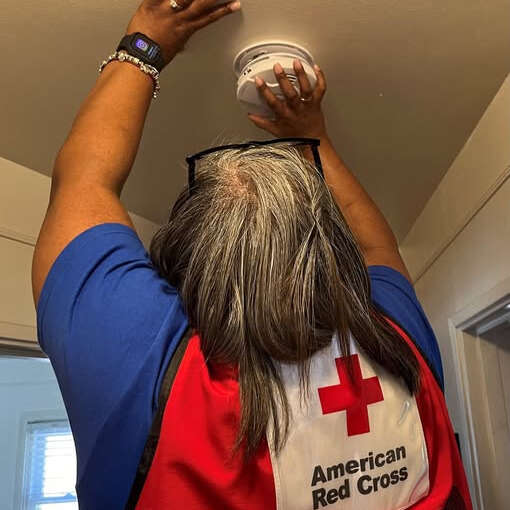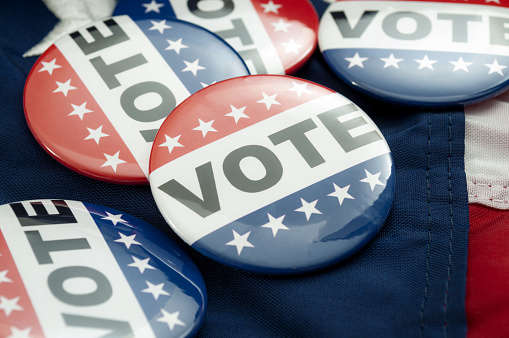
Fully vaccinated Americans can now travel into Canada.
(MLive) - After 17 long months, Americans will finally be able to visit Canada again – some of us, anyway.
Beginning Monday, August 9th, the 5,525-mile border between the U.S. and Canada finally reopens, at least partially.
Closed to all but essential travelers (and a handful of others) since March 2020, the border will open to fully vaccinated Americans at 12:01 a.m. Monday.
Vaccinated Canadians, meanwhile, are still unable to enter the United States, at least through August 21, when current restrictions are set to expire.
If you’re planning to travel to Canada, or just dreaming about it, here’s what you need to know.
* You must be fully vaccinated, having completed a full series of vaccine at least 14 days prior to entering (for a list of approved vaccines and other requirements: tinyurl.com/canadavaccines)
* You also must provide proof of a negative COVID test result within three days of entering (note: rapid-result antigen tests that you can take at home are not permitted; for a list of acceptable tests: tinyurl.com/canadacovidtests). Proof of a positive COVID test at least 14 days earlier, but no more than 90 days earlier, is also acceptable.
* You must input your vaccine and test results into the ArriveCAN smartphone app or website (see canada.ca/arrivecan) and either print out a receipt or be prepared to show a digital copy. You should carry a hard copy of your vaccination record with you, as well.
In addition, travelers are expected to have a quarantine plan prepared, in case they don’t meet the requirements.
Please note: Unvaccinated children under age 12 are permitted to enter with their vaccinated parents.
And Americans do not need a negative COVID test to reenter the United States if they are traveling by car.
It’s unclear how many Americans plan to visit Canada next week, but if you’re determined to be among the first to cross the border, you should expect long lines.
A spokeswoman for the Canadian Border Services Agency sent this statement Thursday, in response to a question about projected wait times: “Travelers should plan for the possibility of additional processing time when crossing the border due to the enhanced public health measures, as the CBSA will not compromise the health and safety of Canadians for the sake of border wait times.”
To check current wait border wait times: cbsa-asfc.gc.ca/bwt-taf
Normal delays may be exacerbated by a job action scheduled to start this morning by two unions representing border agents, the Public Service Alliance of Canada and the Customs and Immigration Union. The groups reached an impasse with government negotiators late last year, and recently issued a strike notice. Union leadership said this week that the organization would begin a “work-to-rule” action Friday, which means staff will “perform their duties to the letter of the law,” possibly causing “long and unavoidable delays at Canada’s borders as workers carry out their jobs as they were trained to do,” according to the union.
In response to the possibility of disruption, a spokeswoman for the border service agency said it “will respond quickly to any job action/work disruption in order to maintain the safety and security of our border, ensure compliance with our laws, and keep the border open to legitimate travelers and goods.”
She added, “We expect that our officers will continue to fulfill their duties with the highest level of integrity and professionalism.”
As in the United States, Canada is experiencing an increase in COVID cases due to the highly transmissible delta variant.
COVID cases are up 113% in Canada over the past 14 days; meanwhile, 61% of the population is fully vaccinated (that compares to 50% in the U.S.).
Some communities in Canada have reinstituted mask requirements, while others never lifted them. Ontario, for example, still mandates masks in all indoor public settings.
At least for now, however, the federal government hasn’t wavered on its commitment to reopen the border.
In response to a question about increasing COVID numbers, a spokeswoman for Public Health Agency of Canada reiterated language that was shared when government officials announced last month that the border would reopen. It reads, in part, “Border measures remain subject to change as the epidemiological situation evolves. As Canada looks to welcome fully vaccinated travelers from the U.S., the federal government will continue to monitor the situation and provide updated travel advice to Canadians.”

 4/18/25 - List of Easter Events for the Kids
4/18/25 - List of Easter Events for the Kids
 04/15/25 - Red Cross Going Door to Door This Month
04/15/25 - Red Cross Going Door to Door This Month
 11/06/24 - ELECTION 2024 - ELECTION RESULTS
11/06/24 - ELECTION 2024 - ELECTION RESULTS
 8/15/24 - Groundbreaking For New Children's Rehab Hospital
8/15/24 - Groundbreaking For New Children's Rehab Hospital


